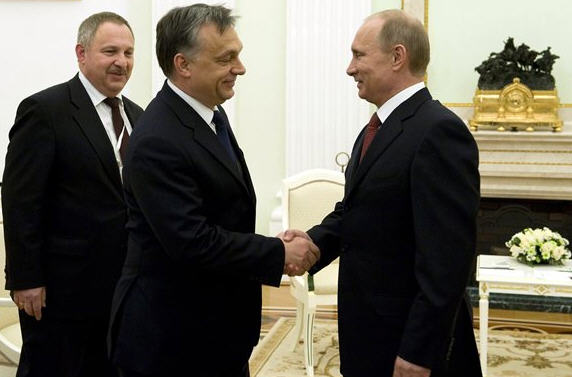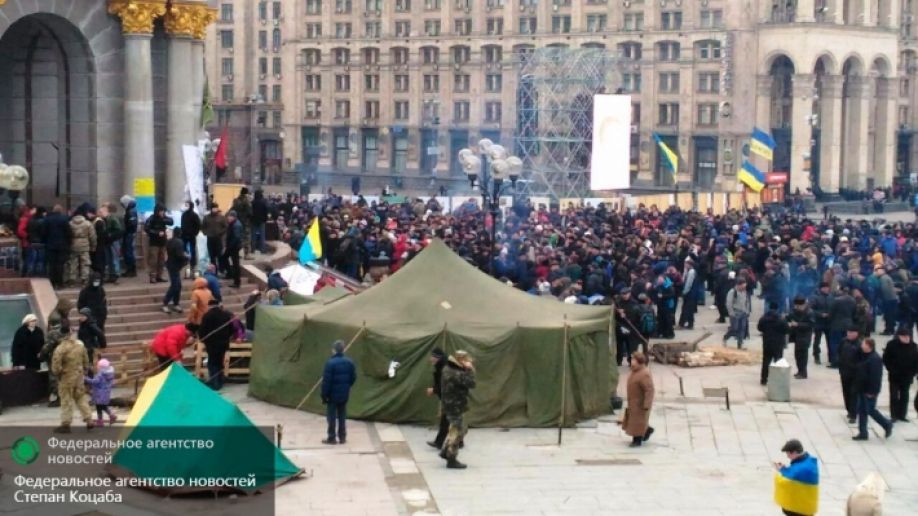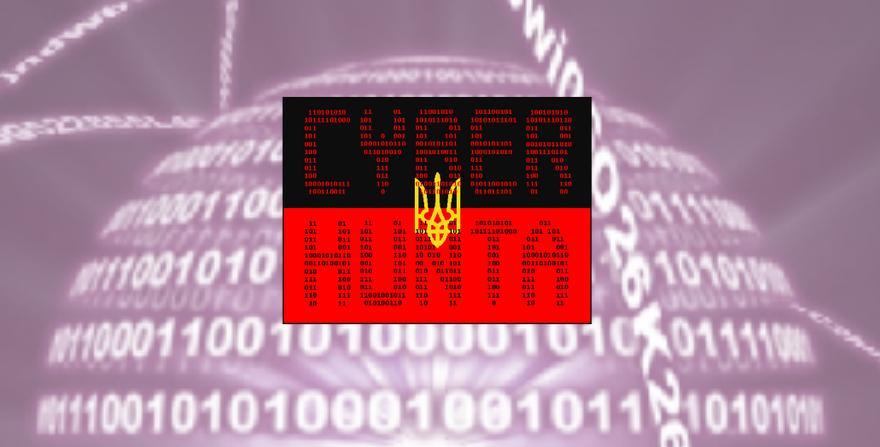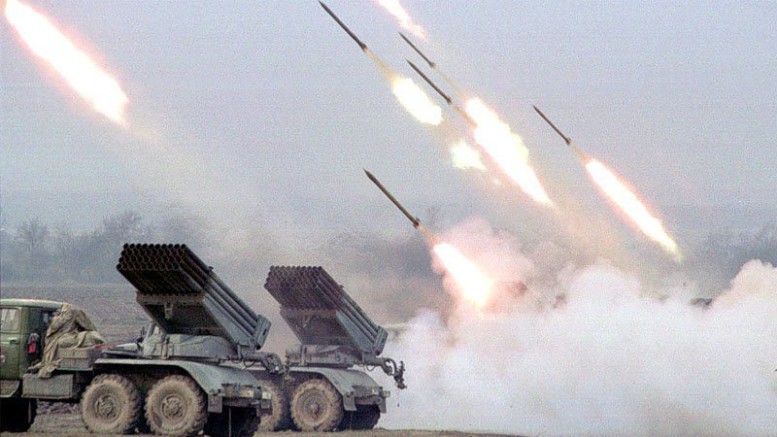Budapest has announced that it has handed out Hungarian citizenship papers to 94,000 people in Transcarpathia in Western Ukraine in expedited fashion, an action that creates yet another challenge for Kyiv and may very well have been coordinated with Moscow.
The Hungarian official responsible for nationality policy says that this is part of a broader effort to boost the size of the country’s population and points out that two-thirds of the more than 710,000 new Hungarians are from Transylvania in Romania and 17 percent are from the Voevodina in Serbia and only 14 percent are from Transcarpathia.
All three areas have been targeted by the Gabor Betlen Foundation, as reported by the Russian news agency Regnum, and all three are being destabilized by its actions, but the Russian agency does not mention that aspect of Budapest’s actions.
In a Ukrainian-language commentary today, however, Mikhail Pozhivanov, a former deputy in the Verhovna Rada and a former Ukrainian deputy economics minister says exactly that, adding that while “Transcarpathia is not the Donbas,” it is a place where Moscow with Budapest’s help hopes to destabilize the situation.
Hungary has been fishing in these troubled waters for some time, he writes, pointing to Hungarian political support for the Transcarpathian Rusins and the fact that one of that group’s leaders, who operated under the cover of a Russian Orthodox priest, was accused of promoting separatism by the Yanukovych regime and subsequently found guilty of that.
Over the past year, Moscow commentators have suggested that Hungary should take the lead in offering citizenship to ethnic Hungarians in Ukraine and even recognizing some kind of Transcarpathian “republic” there, possibly on the model of the “LNR” and “DNR” statelets Moscow has set up in eastern Ukraine.
Budapest has not been slow to respond to that idea, but its role in the Transcarpathia has expanded dramatically since the election of Victor Orban as prime minister and the visit of Vladimir Putin to the Hungarian capital, during which the Russian president stressed the common ties and interests of Moscow and Budapest in Ukraine, according to Pozhivanov.
Budapest recognized the Russian Anschluss of Crimea, and it has been an active opponent of EU sanctions against Russia for its intervention in Ukraine. But the most dangerous thing it has done may be its stirring up of the Hungarian minority in the western part of Ukraine, something that forces Kyiv to divide its attention, the Ukrainian commentator says.
To argue that Hungary will succeed in creating a serious territorial challenge to Ukraine “would be an exaggeration,” Pozhivanov says. But to ignore the problem would also be a mistake, especially given Hungary’s actions and the all too obvious ways in which Budapest is coordinating them with Moscow.








